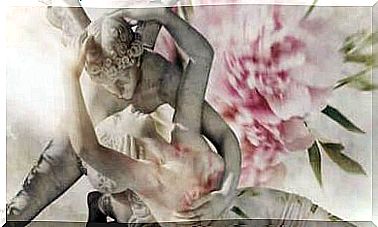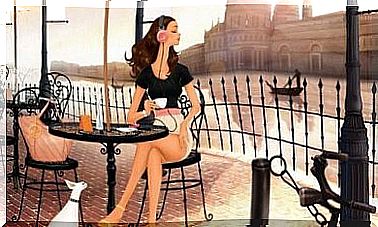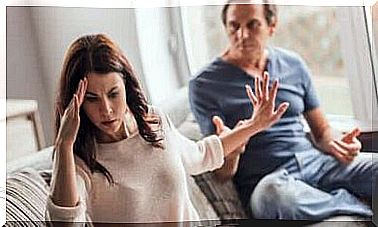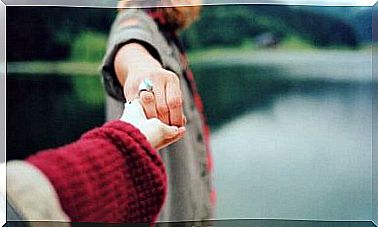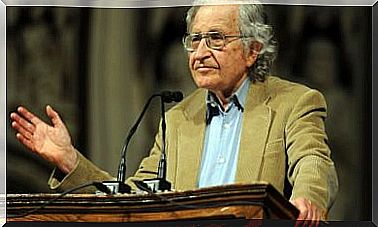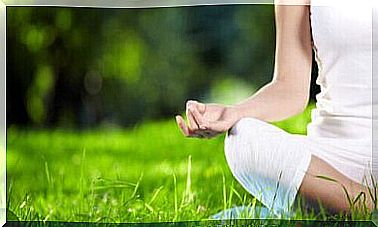Exercise That Stops Feelings Of Guilt By Per Albert Ellis
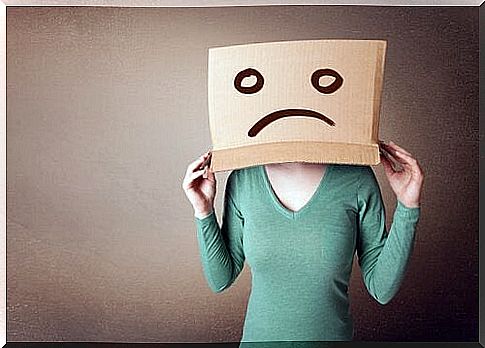
Shame is a feeling that is activated every time we think we have broken a social norm. It fulfills a powerful social regulatory function. For millions of years, guilt has played a role as an acceptance mechanism in groups and thus our survival. Shame is a part of our society, but sometimes it manifests itself in inappropriate situations. We will therefore today look at an exercise that stops feelings of guilt.
The feeling of guilt and shame arises in situations that we can call risky because we know that we risk being embarrassed. Will we be rejected by the social group? Probably not, but we think so. We also believe that this event would have been absolutely horrible, and since we believe in advance that we will be repulsed, we activate the shame.
Shame then gives rise to actions that are meant to protect us from being repulsed.
There are two ways to stop this dysfunctional shame: one is to convince ourselves through internal dialogue that we have no evidence that our environment will repel us. Even if that has been the case, the whole world does not have to accept us.
The second way is to risk being embarrassed and do it voluntarily. This is what cognitive psychologist Albert Ellis designed a series of exercises for. The ultimate goal? Unconditional self-acceptance.
What Albert Ellis tried with these exercises was that the person would see that his value is timeless. Whoever we are, no matter how we behave, our value will always be the same. Thinking this way makes us live more freely. We live according to what we need and believe, and not depending on whether our environment accepts us or not.

If we value ourselves and others, just because we exist, it will be harder not to be ourselves. We do not need social approval, which will make us more authentic people.
We have generally learned to feel guilt every time we have done something that society considers wrong. When we experience shame, we actually tell ourselves that we are bad people. We say that we will never know how to do the right thing and that no one will love us. There are an infinite number of irrational and bitter things that we say to ourselves.
In order for this not to happen, Albert Ellis suggests thinking of something that our culture considers ridiculous, but which does not help to strengthen our image. Can you think of anything? When you have come up with something, you should do it as soon as possible, you must go to work and do it immediately.
The goal of an exercise that stops guilt is to expose ourselves to shame and criticism. We want people to look at us strangely. So what will this do for us? It will prove to us that nothing terrible will happen.

The worst that can happen is that others reject us. Let us think this through carefully. Has anyone ever died from being rejected? What will happen if someone does not accept me as I am? Whose problem is this? Mine or the others?
An exercise that Albert Ellis gives as an example is to walk a path along the street as if it were your pet. Talk to it, pat it, keep it on a leash.
Another exercise that stops feelings of guilt is to stop someone on the street and tell them that you have just come out of the madhouse and that you would like to know what year it is. You can also choose to sing your favorite song on the street and dress up funny. Whatever you choose, there must be something that really activates your shame. The idea is that you should learn to tolerate shame and put what is happening in perspective.
You’re probably thinking “I would never do that, I looked like a maniac!”. And you may be right, but the surprising thing is that not many people do it. We create non-existent disasters the more we think about something.
In other words, we begin to believe that everyone will reject us, that we will never be appreciated by these people, that we will be rejected and that it will be awful, etc. But when we do Albert Ellis’ exercise, we will finally realize that all of these errors of thought – generalization, dramatization, selective attention – lead us to unrealistic conclusions.

It is true that some people will look at us badly and even insult us, but if we really look at them we will see sadness in their faces. In other words, they already have problems in their lives. It has nothing to do with you. But other people – most of them – will laugh with us. Some will even participate in our little show and not judge us so harshly. We may even make new friends.
Let us not forget that they are also human. They also make mistakes sometimes and are ashamed. They make mistakes, fix them, feel emotions, etc. If they judge us, it will be their problem, never yours. As long as you do not hurt anyone, you can do as you please.
Can you come up with a good exercise that stops feelings of guilt? Do you dare?
